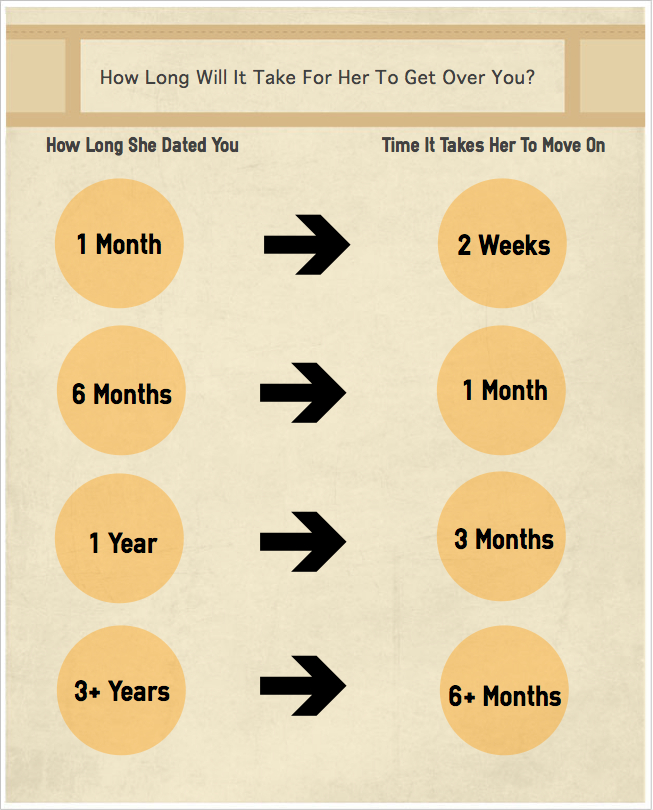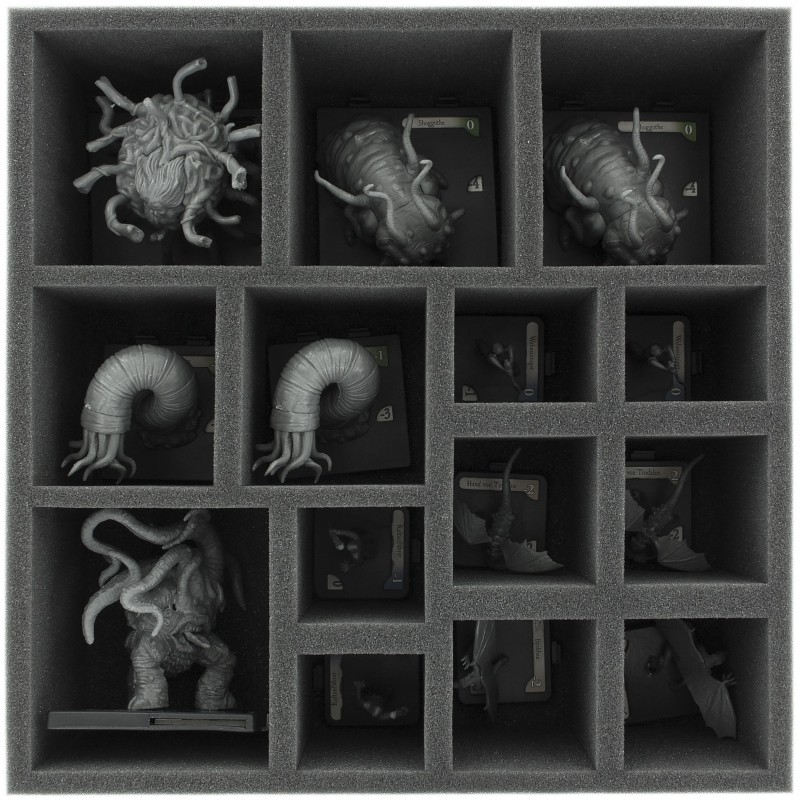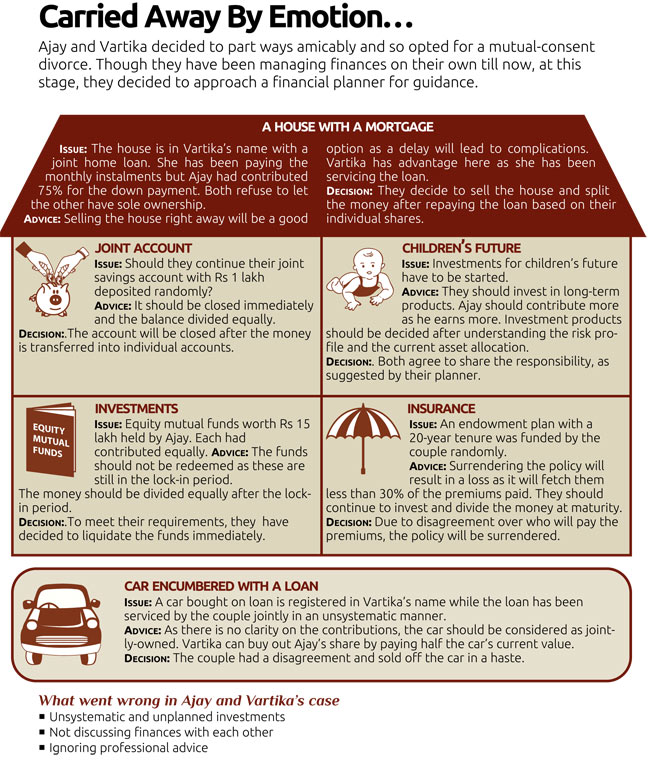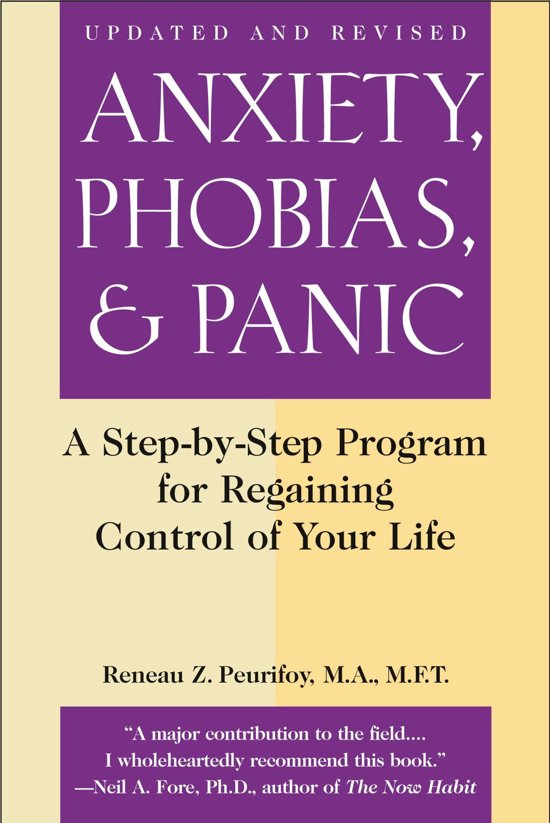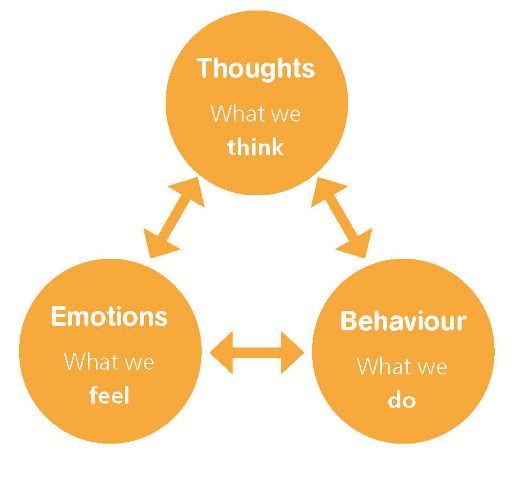How long zoloft takes to work
How Long Does it Take for Zoloft to Work?
If you’re taking Zoloft (sertraline) for depression or anxiety, you are probably wondering how long it takes to work.
The timeline can all depend on the severity of your condition, how long you’ve been taking Zoloft, and the daily dosage prescribed by your healthcare provider.
In this article, we’ll discuss the standard dosage for Zoloft,how it works, what to do if you miss your daily dose or think you’ve overdosed, and the common side effects of Zoloft.
What is Zoloft?
Sertraline, known under its brand name, Zoloft, is a commonly prescribed antidepressant. It was approved by the U.S. Food and Drug Administration (FDA) in 1991, and in 2017 was prescribed over 38 million times for a variety of mental health disorders.
Zoloft has been known to have a great effect on patients for improving their mental health conditions.
Zoloft usesZoloft is prescribed for many different types of depression and anxiety disorders.
It is one of the most commonly prescribed SSRIs for major depressive disorders. Other SSRIs include escitalopram (Lexapro), citalopram (Celexa), and fluoxetine (Prozac).
Zoloft treats the following conditions:
- Major depressive disorder in adults and children 10 years of age and olderSocial anxiety
- Panic disorder
- Post-traumatic stress disorder (PTSD)
- Premenstrual dysphoric disorder (PMDD)
- Obsessive-compulsive disorder in adults, children aged 6-17 years
Zoloft works in the brain by increasing the availability of serotonin. Serotonin is one of the brain’s neurotransmitters, sending signals between neurons that affect your mood.
Since the neurons in the brain like to absorb serotonin quickly, those with depression and anxiety disorders may not have enough serotonin.
Zoloft works as an inhibitor to the brain’s fast absorption of serotonin.
By slowing down the neuron’s absorption of serotonin, this allows your brain to transmit more messages, effectively increasing the levels of the neurotransmitter in the brain.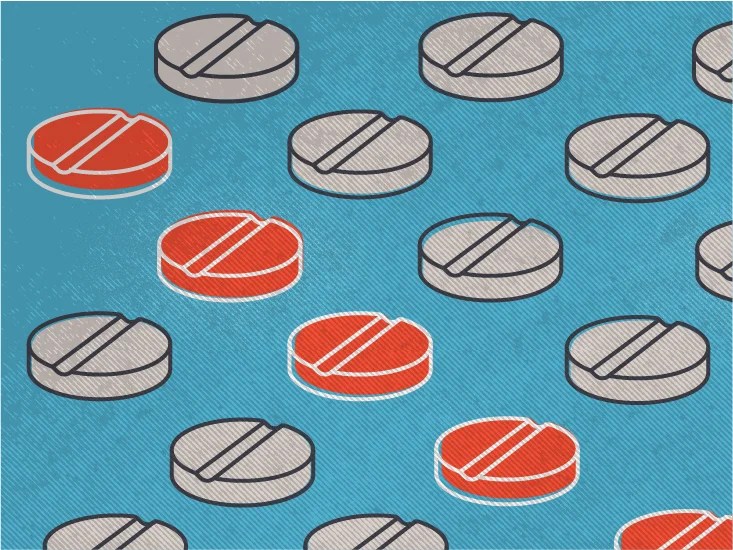
As a result, many patients with depression and other mental health conditions experience an improvement in mood.
Feeling Down?
Take our free assessment and learn about your options.
Get Started
How Quickly Does Zoloft Work?
Zoloft does not work overnight, so a little patience is required.
Similar to other antidepressants, Zoloft slowly increases the amount of serotonin available in the brain.
You cannot expect your brain chemistry to change overnight, but the good news is that you may notice a change within a couple of weeks.
Many patients report an improvement in their symptoms within the first two weeks, however, most do not report a complete difference until at least four to six weeks.
According to the National Alliance on Mental Illness, many patients first report an improvement in their energy levels, sleep, and appetite. These improvements eventually lead to a reduction in the symptoms of anxiety and depression.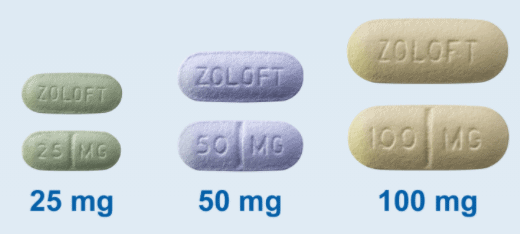
Those with more severe depression may not notice a significant change until six weeks or longer.
You should remain hopeful that Zoloft will work, but if you notice little change after six weeks, then you should speak to your healthcare provider.
Standard Dosage for Zoloft
The standard dosage for Zoloft depends on your mental health condition.
Zoloft is generally available in tablet form in dosage strengths of 25 mg, 50 mg, or 100 mg. It’s also available as an oral solution.
Your healthcare provider will prescribe the dose that is appropriate for you but it is helpful to know the average dosage of Zoloft.
According to the Food and Drug Administration (FDA), here are the standard dosages for these common mood disorders:
- Major depressive disorder (adult): 50-200 mg daily
- PTSD: 50-200 mg daily
- Social anxiety disorder: 50-200mg daily
- OCD (adult): 50-200mg mg daily
- PMDD: 50-100 mg per day during the luteal phase
Nobody is perfect. At one point or another, we all forget to take our daily medication.
At one point or another, we all forget to take our daily medication.
If you miss a single dose of Zoloft, you can relax knowing it is not the end of the world. However, it is still important to take your medication regularly as prescribed by your healthcare provider.
If you miss a dose of Zoloft and it is less than 8 hours late, you should take your medication as soon as you remember. If the medication dose was due over 8 hours ago, simply take your next dose at your regularly scheduled time. Discard the missed dose.
Do not take an extra dose to make up for the one you missed.
If you miss doses or abruptly stop your medication, you may be susceptible to withdrawal symptoms.
This is known as antidepressant discontinuation syndrome and occurs in 20% of Zoloft patients who suddenly stop taking the drug.
With discontinuation syndrome, you may experience cold or flu-like symptoms, such as nausea, excessive tiredness, body aches, insomnia, and dizziness.
If your discontinuation symptoms are due to missed doses, the symptoms should go away once you start taking Zoloft consistently again.
If your symptoms are due to abruptly stopping the medication, contact your healthcare provider for further recommendations.
If at any time your symptoms are severe or you experience chest pain, shortness of breath, excessive sleepiness, or uncontrollable vomiting, go to the nearest healthcare facility.
Zoloft overdoseTaking more than your scheduled dosage can lead to serious health issues. Whether done on purpose or accidentally, taking more than your prescribed dose of Zoloft could cause the following symptoms:
- Nausea
- Fever
- Rapid heartbeat
- Fainting
- Dizziness
- Vomiting
- Hallucinations
- Changes in blood pressure
- Tremors
- Seizures
In rare cases, taking more Zoloft than your prescribed dosage can result in extremely high levels of serotonin.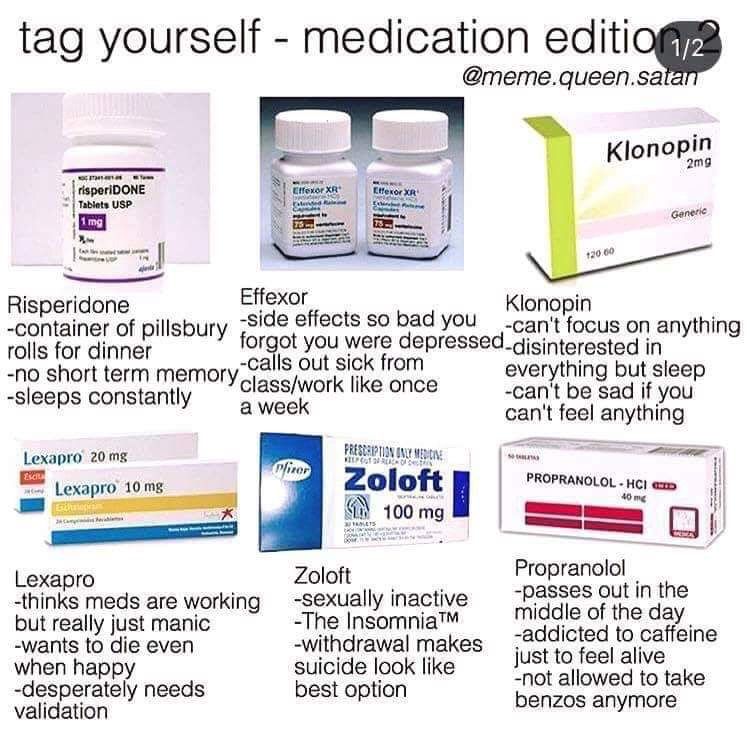 This is known as serotonin syndrome.
This is known as serotonin syndrome.
If you have too much serotonin in the brain, you may experience diarrhea, confusion, or headaches. In severe cases, you could experience hallucinations, seizures, or end up in a coma.
If you think you have overdosed on Zoloft, or are experiencing any off the aforementioned symptoms, call the Poison Control hotline at 1-800-222-1222 or seek medical attention immediately. The hotline is free and confidential to use.
Common Side Effects of Zoloft
Some common side effects of taking Zoloft include nausea, weight gain, insomnia, headaches, drowsiness, dizziness, dry mouth, or loss of appetite.
Zoloft has been known to cause a low libido in some patients, or make it difficult to orgasm. The good news is that this side effect usually improves after a few weeks of taking the medication.
Feeling Down?
Take our free assessment and learn about your options.
Get Started
When to See a Medical Provider
You should see a healthcare provider if you experience any serious side effects such as hallucinations, confusion, vomiting, seizures, or any signs of an allergic reaction.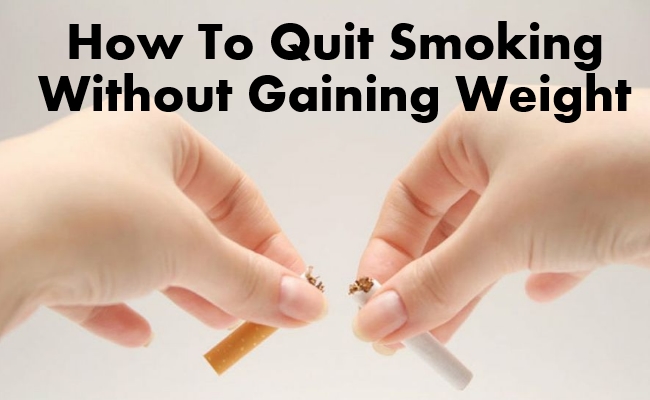
As previously stated, some mild side effects are expected when taking Zoloft but if the symptoms persist or are bothersome, let your healthcare provider know.
If you start experiencing any suicidal thoughts, aggression, panic attacks, or worsening depression or anxiety, you should contact your healthcare provider immediately and go to the nearest medical facility.
How K Health Can Help
Think you might need a prescription for Zoloft (Sertraline)?
K Health has clinicians standing by 24/7 to evaluate your symptoms and determine if Zoloft is right for you.
Get started with our free assessment, which will tell you in minutes if treatment could be a good fit. If yes, we’ll connect you right to a clinician who can prescribe medication and have it shipped right to your door.
Frequently Asked Questions
Can Zoloft work immediately?
Zoloft will not work immediately however, it can have a positive positive effect on a patient’s energy level, sleep and appetite within the first 1-2 weeks.
How long does Zoloft take to kick in?
Most patients do not report a major change until four to six weeks after starting Zoloft, especially if they have severe symptoms. If you do not notice any change in your symptoms after six weeks on Zoloft, then you should speak to your healthcare provider about other treatment options.
K Health articles are all written and reviewed by MDs, PhDs, NPs, or PharmDs and are for informational purposes only. This information does not constitute and should not be relied on for professional medical advice. Always talk to your doctor about the risks and benefits of any treatment.
K Health has strict sourcing guidelines and relies on peer-reviewed studies, academic research institutions, and medical associations. We avoid using tertiary references.
-
Antidepressant Discontinuation Syndrome. (2006).
https://www.aafp.org/afp/2006/0801/p449.html#:~:text=Typical%20symptoms%20of%20antidepressant%20discontinuation,with%20reinstitution%20of%20antidepressant%20medication -
Sertraline. (2020).
https://medlineplus.gov/druginfo/meds/a697048.html -
Sertraline (Zoloft).
 (2020).
(2020).
https://www.nami.org/About-Mental-Illness/Treatments/Mental-Health-Medications/Types-of-Medication/Sertraline-(Zoloft) -
Treatment Options for Generalized Anxiety Disorder. (2017).
https://www.ncbi.nlm.nih.gov/books/NBK279594/
Sertraline (Zoloft) | NAMI: National Alliance on Mental Illness
Brand name: Zoloft®
- Tablets: 25 mg, 50 mg, 100 mg
- Liquid: 20 mg/mL
Generic name: sertraline (SER tra leen)
All FDA black box warnings are at the end of this fact sheet. Please review before taking this medication.
Please review before taking this medication.
What Is Sertraline And What Does It Treat?
Sertraline is an antidepressant medication that works in the brain. It is approved for the treatment of major depressive disorder (MDD), posttraumatic stress disorder (PTSD), premenstrual dysphoric disorder (PMDD), panic disorder, and social anxiety disorder. It is also approved to treat obsessive-compulsive disorder (OCD) in adults, children and adolescents aged 6-17 years.
Symptoms of depression include:
- Depressed mood - feeling sad, empty, or tearful
- Feeling worthless, guilty, hopeless, and helpless
- Loss of interest or pleasure in your usual activities
- Sleep and eat more or less than usual (for most people it is less)
- Low energy, trouble concentrating, or thoughts of death (suicidal thinking)
- Psychomotor agitation (‘nervous energy’)
- Psychomotor retardation (feeling like you are moving and thinking in slow motion)
- Suicidal thoughts or behaviors
PTSD occurs when a person experiences a traumatic event (e. g., assault, combat experience) and then later feels on edge; avoids situations that remind them of the event; and experiences flashbacks or nightmares.
g., assault, combat experience) and then later feels on edge; avoids situations that remind them of the event; and experiences flashbacks or nightmares.
PMDD is a condition where a woman experiences depression, tension, and irritability for a few days prior to menstruation that end when menstruation begins. These symptoms are more severe than those of premenstrual syndrome (PMS).
Panic Disorder occurs when a person experiences unexpected and repeated episodes of intense fear. These episodes have physical symptoms including chest pain, shortness of breath, heart palpitations, sweating, dizziness, and nausea. Fear of future episodes is also part of panic disorder.
Obsessive Compulsive Disorder (OCD) occurs when a person experiences the following symptoms at the same time:
- Obsessions (unwanted, recurrent, and disturbing thoughts)
- Compulsions (repetitive, ritualized behaviors that the person feels driven to perform in order to lessen the anxiety produced by the obsessions)
Social phobia/social anxiety disorder is a fear of situations where one may feel as if they are being judged by others.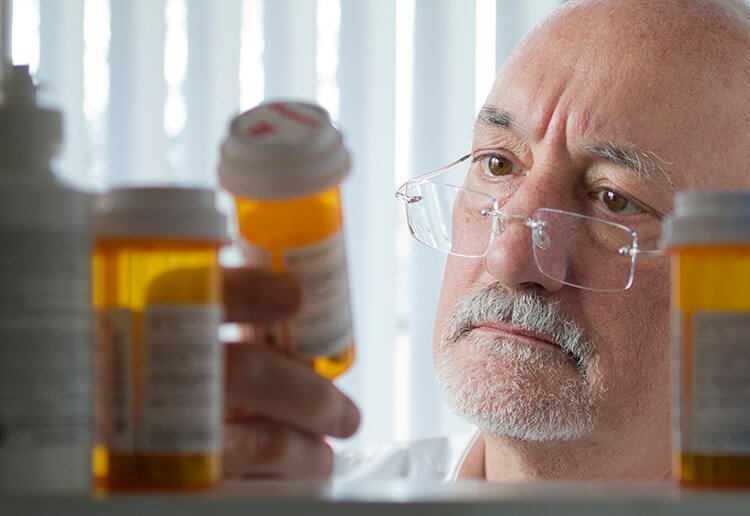 Symptoms include:
Symptoms include:
- Blushing
- Difficulty talking
- Nausea
- Sweating
- Shaking
Sertraline may also be helpful when prescribed “off-label” for binge-eating disorder, bulimia nervosa, and generalized anxiety disorder (GAD). “Off-label” means that it hasn't been approved by the Food and Drug Administration for this condition. Your mental health provider should justify his or her thinking in recommending any “off-label” treatment. They should be clear about the limits of the research around that medication and if there are any other options.
What Is The Most Important Information I Should Know About Sertraline?
Do not stop taking sertraline, even when you feel better. With input from you, your health care provider will assess how long you will need to take the medicine.
Missing doses of sertraline may increase your risk for relapse in your symptoms.
Stopping sertraline abruptly may result in one or more of the following withdrawal symptoms: irritability, nausea, feeling dizzy, vomiting, nightmares, headache, and/or paresthesias (prickling, tingling sensation on the skin).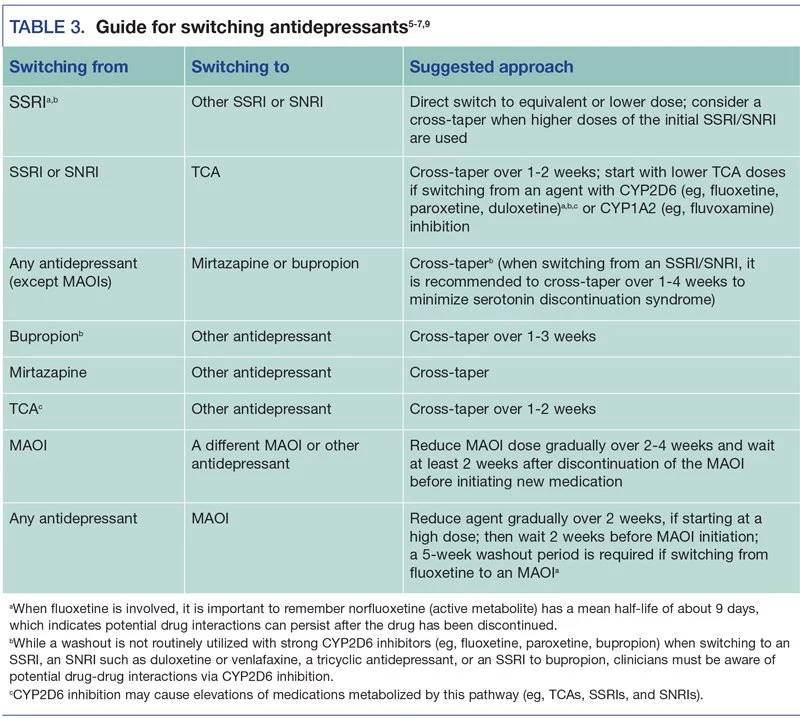
Depression is also a part of bipolar illness. People with bipolar disorder who take antidepressants may be at risk for "switching" from depression into mania. Symptoms of mania include "high" or irritable mood, very high self-esteem, decreased need for sleep, pressure to keep talking, racing thoughts, being easily distracted, frequently involved in activities with a large risk for bad consequences (for example, excessive buying sprees).
Medical attention should be sought if serotonin syndrome is suspected. Please refer to serious side effects for signs/symptoms.
Are There Specific Concerns About Sertraline And Pregnancy?
If you are planning on becoming pregnant, notify your health care provider to best manage your medications. People living with MDD who wish to become pregnant face important decisions. Untreated MDD has risks to the fetus, as well as the mother. It is important to discuss the risks and benefits of treatment with your doctor and caregivers. For women who take antidepressant medications during weeks 13 through the end of their pregnancy (second and third trimesters), there is a risk that the baby can be born before it is fully developed (before 37 weeks).
For mothers who have taken SSRIs during their pregnancy, there appears to be less than a 1% chance of infants developing persistent pulmonary hypertension. This is a potentially fatal condition that is associated with use of the antidepressant in the second half of pregnancy. However, women who discontinued antidepressant therapy were five times more likely to have a depression relapse than those who continued their antidepressant. If you are pregnant, please discuss the risks and benefits of antidepressant use with your health care provider.
Caution is advised with breastfeeding since sertraline does pass into breast milk.
What Should I Discuss With My Health Care Provider Before Taking Sertraline?
- Symptoms of your condition that bother you the most
- If you have thoughts of suicide or harming yourself
- Medications you have taken in the past for your condition, whether they were effective or caused any adverse effects
- If you experience side effects from your medications, discuss them with your provider.
 Some side effects may pass with time, but others may require changes in the medication.
Some side effects may pass with time, but others may require changes in the medication. - Any other psychiatric or medical problems you have, including a history of bipolar disorder
- All other medications you are currently taking (including over the counter products, herbal and nutritional supplements) and any medication allergies you have
- Other non-medication treatment you are receiving, such as talk therapy or substance abuse treatment. Your provider can explain how these different treatments work with the medication.
- If you are pregnant, plan to become pregnant, or are breastfeeding
- If you drink alcohol or use drugs
How Should I Take Sertraline?
Sertraline is usually taken one time per day with or without food.
Typically patients begin at a low dose of medicine and the dose is increased slowly over several weeks.
The dose usually ranges from 50 mg to 200 mg. Only your health care provider can determine the correct dose for you.
If you are taking it for PMDD, sertraline can be taken once daily (everyday) or intermittently (usually starting 14 days prior to menstruation through the first full day of menses of each cycle).
The liquid should be measured with an oral syringe or dropper which you can get from your pharmacy. It should be added to 4 ounces of water, ginger ale, lemon/lime soda, lemonade, or orange juice immediately prior to taking the medication. It should not be mixed in advance.
Consider using a calendar, pillbox, alarm clock, or cell phone alert to help you remember to take your medication. You may also ask a family member or friend to remind you or check in with you to be sure you are taking your medication.
What Happens If I Miss A Dose Of Sertraline?
If you miss a dose of sertraline, take it as soon as you remember, unless it is closer to the time of your next dose. Discuss this with your health care provider. Do not double your next dose or take more than what is prescribed.
What Should I Avoid While Taking Sertraline?
Avoid drinking alcohol or using illegal drugs while you are taking antidepressant medications. They may decrease the benefits (e.g., worsen your condition) and increase adverse effects (e.g., sedation) of the medication.
What Happens If I Overdose With Sertraline?
If an overdose occurs, call your doctor or 911. You may need urgent medical care. You may also contact the poison control center at 1-800-222-1222.
A specific treatment to reverse the effects of sertraline does not exist.
What Are The Possible Side Effects Of Sertraline?
Common side effects
- Headache, nausea, diarrhea, dry mouth, increased sweating
- Feeling nervous, restless, fatigued, sleepy or having trouble sleeping (insomnia)
These will often improve over the first week or two as you continue to take the medication.
Sexual side effects, such as problems with orgasm or ejaculatory delay often do not diminish over time.
Rare/serious side effects
Low sodium blood levels (symptoms of low sodium levels may include headache, weakness, difficulty concentrating and remembering), teeth grinding, angle closure glaucoma (symptoms of angle closure glaucoma may include eye pain, changes in vision, swelling or redness in or around eye).
Serotonin syndrome (symptoms may include shivering, diarrhea, confusion, severe muscle tightness, fever, seizures, and death), seizure
SSRI antidepressants including sertraline may increase the risk of bleeding events. Combined use of aspirin, nonsteroidal anti-inflammatory drugs (e.g., ibuprofen, naproxen), warfarin, and other anti-coagulants may increase this risk. This may include gums that bleed more easily, nose bleed, or gastrointestinal bleeding. Some cases have been life threatening.
Are There Any Risks For Taking Sertraline For Long Periods Of Time?
To date, there are no known problems associated with long term use of sertraline.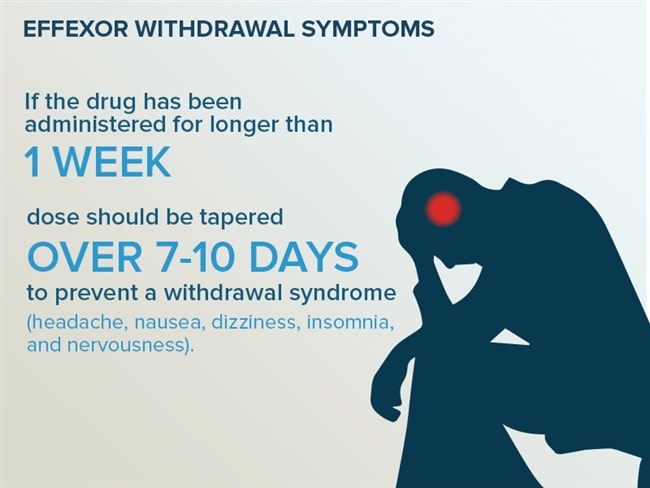 It is a safe and effective medication when used as directed.
It is a safe and effective medication when used as directed.
What Other Medications May Interact With Sertraline?
Sertraline should not be taken with or within two weeks of taking monoamine oxidase inhibitors (MAOIs). These include phenelzine (Nardil®), tranylcypromine (Parnate®), isocarboxazid (Marplan®), rasagiline (Azilect®), and selegiline (Emsam®).
Although rare, there is an increased risk of serotonin syndrome when sertraline is used with other medications that increase serotonin, such as other antidepressants, migraine medications called “triptans” (e.g., Imitrex®), some pain medications (e.g., tramadol (Ultram®)), and the antibiotic linezolid (Zyvox®).
Sertraline should not be taken with pimozide (Orap®).
Sertraline may increase the effects of other medications that can cause bleeding (e.g., ibuprofen (Advil®, Motrin®), warfarin (Coumadin®) and aspirin).
Sertraline liquid should NOT be taken in combination with disulfiram (Antabuse®) due to the alcohol content of the concentrate.
How Long Does It Take For Sertraline To Work?
Sleep, energy, or appetite may show some improvement within the first 1-2 weeks. Improvement in these physical symptoms can be an important early signal that the medication is working. Depressed mood and lack of interest in activities may need up to 6-8 weeks to fully improve.
Summary of FDA Black Box Warnings
Suicidal thoughts or actions in children and adults
Depression and certain other psychiatric disorders are themselves associated with increases in the risk of suicide. Patients with major depressive disorder (MDD), both adult and pediatric, may experience worsening of their depression and/or the emergence of suicidal ideation and behavior (suicidality) or unusual changes in behavior, whether or not they are taking antidepressant medications. This risk may persist until significant remission occurs.
In short-term studies, antidepressants increased the risk of suicidality in children, adolescents, and young adults when compared to placebo.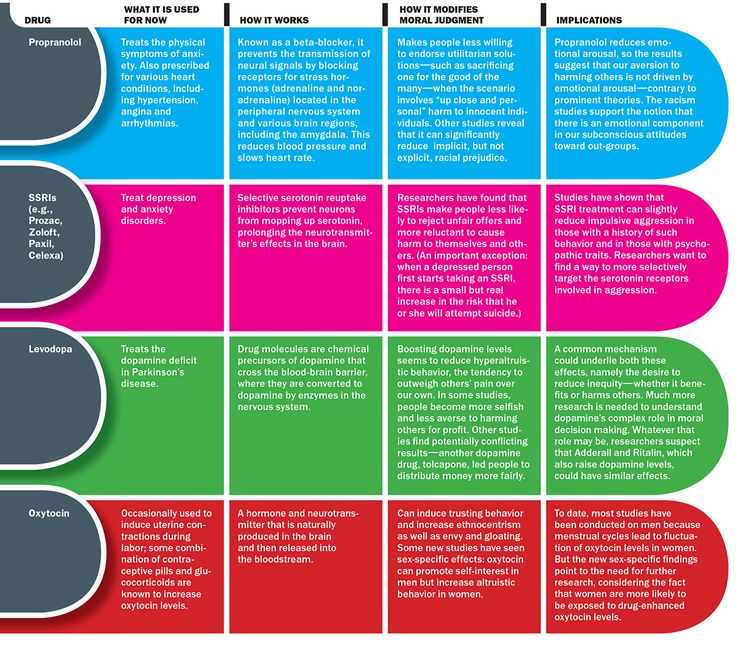 Short-term studies did not show an increase in the risk of suicidality with antidepressants compared to placebo in adults beyond age 24. Adults age 65 and older taking antidepressants have a decreased risk of suicidality. Patients, their families, and caregivers should be alert to the emergence of anxiety, restlessness, irritability, aggressiveness and insomnia. If these symptoms emerge, they should be reported to the patient’s prescriber or health care professional. All patients being treated with antidepressants for any indication should watch for and notify their health care provider for worsening symptoms, suicidality and unusual changes in behavior, especially during the first few months of treatment.
Short-term studies did not show an increase in the risk of suicidality with antidepressants compared to placebo in adults beyond age 24. Adults age 65 and older taking antidepressants have a decreased risk of suicidality. Patients, their families, and caregivers should be alert to the emergence of anxiety, restlessness, irritability, aggressiveness and insomnia. If these symptoms emerge, they should be reported to the patient’s prescriber or health care professional. All patients being treated with antidepressants for any indication should watch for and notify their health care provider for worsening symptoms, suicidality and unusual changes in behavior, especially during the first few months of treatment.
Provided by
(December 2020)
©2020 The College of Psychiatric and Neurologic Pharmacists (CPNP) and the National Alliance on Mental Illness (NAMI). CPNP and NAMI make this document available under the Creative Commons Attribution-No Derivatives 4. 0 International License. Last Updated: January 2016.
0 International License. Last Updated: January 2016.
This information is being provided as a community outreach effort of the College of Psychiatric and Neurologic Pharmacists. This information is for educational and informational purposes only and is not medical advice. This information contains a summary of important points and is not an exhaustive review of information about the medication. Always seek the advice of a physician or other qualified medical professional with any questions you may have regarding medications or medical conditions. Never delay seeking professional medical advice or disregard medical professional advice as a result of any information provided herein. The College of Psychiatric and Neurologic Pharmacists disclaims any and all liability alleged as a result of the information provided herein.
Zoloft withdrawal syndrome | Center for Healthy Youth
Zoloft - what is this drug? The active substance of the drug is sertraline. It belongs to the pharmacological group of antidepressants and is prescribed to patients with the following symptoms: depression, OCD, panic disorders, PTSD, social phobia.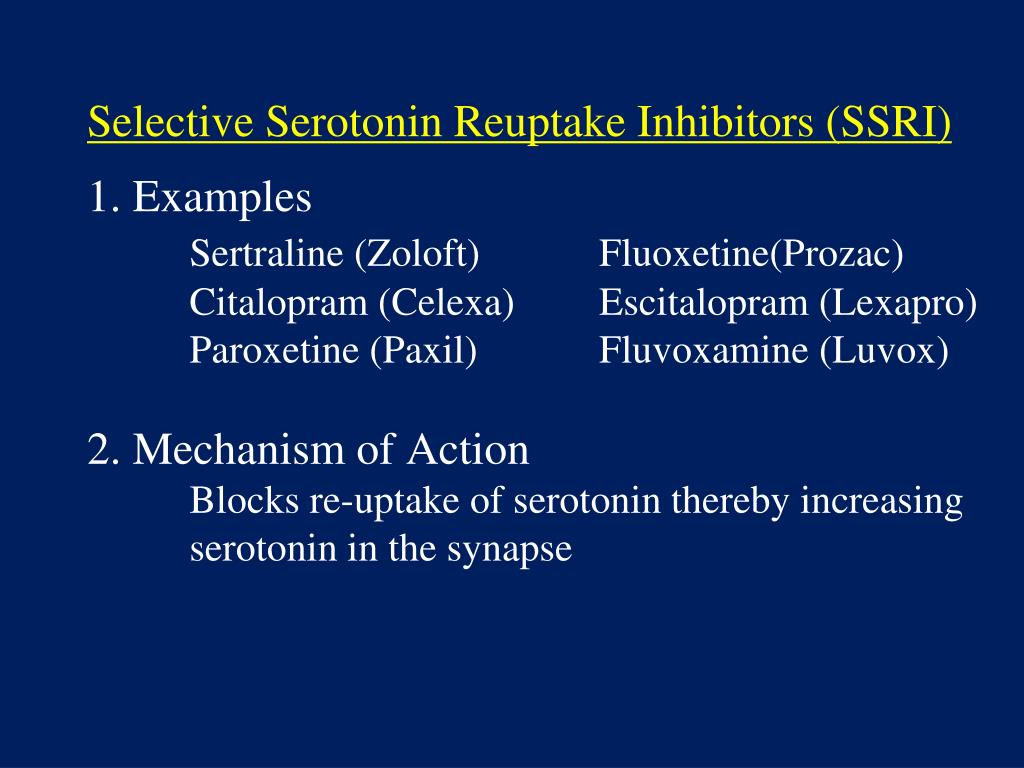 Zoloft is a powerful serotonin reuptake inhibitor in human brain cells.
Zoloft is a powerful serotonin reuptake inhibitor in human brain cells.
More than 1/3 of people face the dangerous consequences of abrupt withdrawal of Zoloft. In narcology, this phenomenon is called withdrawal syndrome or withdrawal syndrome. The time of onset of symptoms of withdrawal syndrome when used is directly proportional to the half-life of the drug from the body. A drug such as Zoloft is addictive with systematic irregular use, therefore, there is also a Zoloft withdrawal syndrome, which usually occurs 3-5 days after the last use of the drug. The symptoms of Zoloft withdrawal syndrome are quite difficult to recognize, so people think that the disease has returned and start using the medicine again.
-
Can't
persuade
to get treatment?
-
We will help you with motivation for treatment. As a rule, it is difficult for close people to persuade or force an addict to be treated.
 World experts have developed EFFECTIVE motivation schemes, using which you can lead the addict to the decision to seek help.
World experts have developed EFFECTIVE motivation schemes, using which you can lead the addict to the decision to seek help.
8 (800) 333-20-07
How to reduce the dose of Zoloft correctly?
The course of treatment with Zoloft usually lasts no more than 8 weeks (about two months). As with the use of other antidepressants, an unreasonable increase in the duration of its use leads to negative consequences for human health. However, even before the period prescribed by the doctor, it is not recommended to stop taking the drug, since the gradual disappearance of symptoms is not a reason to complete the course. How long can I take Zoloft?
How much Zoloft can I take?
Many patients wonder how much Zoloft should be taken? Naturally, the duration of the course is strictly individual. So, how long can you take Zoloft? Only the attending physician, depending on the symptoms present, will be able to tell you how much Zoloft should be taken in your case. A specialist can prescribe a medication for 6-12 months, but this happens in exceptional cases.
A specialist can prescribe a medication for 6-12 months, but this happens in exceptional cases.
The risk of developing withdrawal symptoms is increased in the following cases:
- abrupt drug withdrawal and removal from the body;
- regular intake over two months;
- excessive anxiety;
- Combination with antihypertensives, allergies, and antipsychotics.
Do you want to know the cost of services?
8 (800) 333-20-07 - call our specialist
How to cancel and stop drinking Zoloft?
Zoloft causes a withdrawal syndrome when it is stopped abruptly. This drug affects the processes occurring in the human brain, so you should take the medicine only with a doctor's prescription. How to stop taking the drug and "get off" from Zoloft? To avoid the withdrawal syndrome, the dosage of the medication according to the medical plan is reduced by 25 mg every 14 days. If a stable remission is achieved after a course of treatment, the doctor will stop taking the drug. However, the specialist will cancel the drug if the patient experiences side effects, insomnia and headache from Zoloft are not uncommon.
However, the specialist will cancel the drug if the patient experiences side effects, insomnia and headache from Zoloft are not uncommon.
In which case the doctor can cancel the medication:
- the patient has a headache;
- causeless sadness, anxiety;
- feeling of devastation;
- nervousness, irritability;
- weakness;
- suicidal tendencies;
- sleep and appetite disorders;
- decrease in concentration.
If a person has lost their appetite or has regular headaches, the doctor begins a gradual process of reducing the dosage. The therapeutic dose is reduced over several weeks, and sometimes months.
Symptoms of withdrawal after taking
Is it possible to abruptly stop taking the medicine? Abrupt withdrawal of the drug threatens the occurrence of withdrawal or withdrawal. The human body, accustomed to a certain dose of the drug, will respond without an adaptation period. Most often, a deterioration in the patient's health is noted within 2-4 days after the last use. Depending on the individual characteristics and the state of the central nervous system, withdrawal symptoms may be different.
Most often, a deterioration in the patient's health is noted within 2-4 days after the last use. Depending on the individual characteristics and the state of the central nervous system, withdrawal symptoms may be different.
Symptoms and signs of withdrawal
- nervousness;
- irritability;
- irritability;
- insomnia;
- nausea, vomiting;
- headaches;
- incoordination, balancez.
In some cases, a person will not even feel dangerous signs, and sometimes you may need to call an ambulance for narcological help from the Center for Healthy Youth. Therefore, if you feel a deterioration in the condition, it is worth contacting a doctor who will help reduce the dose and improve overall well-being.
How long does Zoloft withdrawal last?
Withdrawal symptoms can persist without drug treatment for quite a long time, for several weeks. While taking antidepressants, the activity of neurons changes, so after stopping the drugs, the body needs time to rebuild and adapt to new conditions.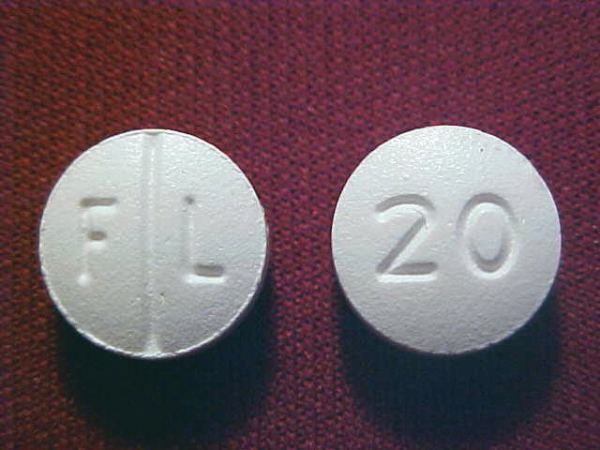 The longer the course of treatment was, the longer the rehabilitation period will be. Withdrawal symptoms will not disappear until the active substance of the drug is excreted from the body. If general weakness lasts for a month, you should contact your doctor or specialists from the Healthy Youth Center.
The longer the course of treatment was, the longer the rehabilitation period will be. Withdrawal symptoms will not disappear until the active substance of the drug is excreted from the body. If general weakness lasts for a month, you should contact your doctor or specialists from the Healthy Youth Center.
When does Zoloft start to act and help?
It is important to understand that Zoloft does not begin to act immediately, but after a certain period of time. How long does Zoloft take to work? As a rule, the first positive dynamics begins to be noticeable to the patient only after 2-3 weeks of regular use. The maximum effect is noticeable after 2-3 months of admission.
Discontinuation considerations
When choosing antidepressants, it is important to know which medications the patient has previously taken and which medications they are currently taking. Before prescribing an effective remedy that normalizes the work of the central nervous system, the doctor conducts a number of necessary examinations, identifies existing contraindications and prevents side effects.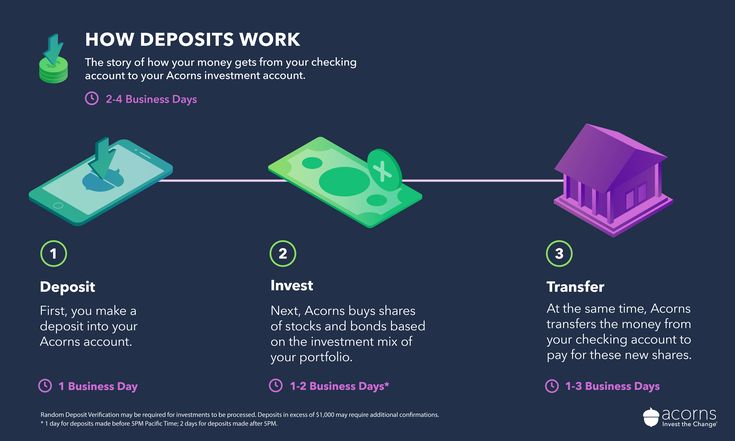 If Zoloft is not recommended for you, the specialist will offer you a wide range of analogues of this drug, including Cipralex, Prozac, Paxil, Cipramil and other equally effective drugs. The drug Velaksin, Amitriptyline, etc. has a similar effect.
If Zoloft is not recommended for you, the specialist will offer you a wide range of analogues of this drug, including Cipralex, Prozac, Paxil, Cipramil and other equally effective drugs. The drug Velaksin, Amitriptyline, etc. has a similar effect.
If you experience withdrawal symptoms after taking Zoloft, contact the Healthy Youth Drug Treatment Center for help. We have been treating addictions for over 15 years.
Video about the treatment of drug addiction and alcoholism in the CZM
Antidepressant Pfizer Zoloft - “💊 Behind MORE THAN 11 antidepressants → What helped to CURE, side effects, compatibility alcohol and consequences → How to enter and cancel it correctly → Zoloft after how long it works💊 "
Z oloft is a world-famous antidepressant whose active ingredient is sertraline. This review will focus on the effectiveness of Zoloft in depression, neurosis, anxiety, OCD and panic attacks.
You will also learn about the compatibility of Zoloft with alcohol and other drugs, side effects, withdrawal syndrome, how to CORRECTLY enter and cancel it.
Update 10/16/22. Due to the fact that Zoloft disappeared from pharmacies, below you can find information about its analogues, that is, how it can be replaced.
How Zoloft works
Zoloft works in the same way as other SSRI antidepressants. Most often it is classified as a balanced antidepressant, but judging by the experience and effect that it has, in some cases the use of Zoloft tablets can give a stimulating effect. Below, after the general information, I will tell you what is bad for anxiety disorder.
Sertraline is an antidepressant, a potent selective serotonin (5-HT) reuptake inhibitor (SSRI). It has a very weak effect on the reuptake of norepinephrine and dopamine.

The initial therapeutic effect may appear within 7 days, but the full effect is usually achieved in 2-4 weeks (or even longer in OCD).
Appearance.
The drug is sold in a cardboard box on the front side of which the name, dosage, name of the active substance and the number of tablets in the package are indicated. The box contains instructions for use and two blisters with tablets. The tablets are oblong and easy to divide despite the lack of risk for division.
Zoloft how to use.
Depression, OCD, panic disorder, PTSD and social phobia: if the effect of sertraline at a dose of 50 mg / day is insufficient, the daily dose may be increased in increments of no more than 50 mg / day and an interval of no more than 1 time per week (taking into account the 24-hour terminal T1 / 2) up to the maximum recommended dose of 200 mg / day.

The initial therapeutic effect may appear within 7 days, but the full effect is usually achieved in 2-4 weeks (or even longer in OCD).
How to properly start an antidepressant to reduce the risk of side effects.
At the beginning of taking any antidepressant of the SSRI group, the condition worsens. Usually, in the first two weeks from the start of treatment, anxiety appears, depression intensifies, and in general the condition may worsen. Most often, doctors prescribe a "cover" in the form of tranquilizers, so it is important to discuss this with your doctor.
There was an experience of entering the drug both under cover and without, I can say with confidence that a lot here depends on the general initial state and the right dosage. I started at 0.25mg and slowly worked my way up to 0.25mg each week. Importantly, the course of taking antidepressants should be at least 6 months.
Zoloft for depression
In the first two weeks, the condition worsened, but when the body adapted, the condition began to improve rapidly. It works great for depression. The first improvement appeared two weeks after the start of treatment. This is how almost all antidepressants of this group work. I got the slowest effect (but the most powerful) from cipralex, and the fastest from Cymbalta. Completely on Zoloft, depression receded in a month.
It works great for depression. The first improvement appeared two weeks after the start of treatment. This is how almost all antidepressants of this group work. I got the slowest effect (but the most powerful) from cipralex, and the fastest from Cymbalta. Completely on Zoloft, depression receded in a month.
Zoloft for anxiety, panic attacks, okr,
The anti-anxiety effect of Zoloft is less pronounced than that of escitolopram or paroxetine, but very noticeable. On average, the anti-anxiety effect is revealed at the end of the first month of treatment. Serotonin helps block unwanted thoughts, including anxiety.
Important ❗ Zoloft is not able to help everyone with anxiety disorder. In some cases, it can stimulate and exacerbate anxiety. If there is no improvement within 3 months on a working dose, it is worth changing the antidepressant to another one.
The drug affects panic attacks in different ways. Not in all cases, he is able to remove them. The best option for panic attacks is psychotherapy. They can be easily removed using certain techniques.
Not in all cases, he is able to remove them. The best option for panic attacks is psychotherapy. They can be easily removed using certain techniques.
The effectiveness of sertraline in obsessive-compulsive disorder is quite high. In general, he is able to help with any kind of neurosis.
Zoloft side effects and effects on weight
Of the most common side effects from Zoloft, I note gastrointestinal side effects and drowsiness in the first weeks of taking. There was also such a side effect as weight loss. I lost a lot of weight on the drug. She could eat anything, but the weight did not grow, but fell. After the antidepressant was discontinued, the weight was returned only with the help of a special drug. For the majority, Zoloft does not affect weight or cause weight loss, which has been proven by relevant studies. In rare cases, weight gain is possible.
Most often, weight gain occurs due to an increase in prolactin, changes in glucose levels, and some other reasons. It is most likely in people who are prone to fullness, but at the same time it can occur with normal body weight. There are also relevant studies that have shown that long-term use of antidepressants increases the risk of weight gain. The highest risk of weight gain exists with tricyclic antidepressants. Of the antidepressants of the SSRI group - on paroxetine.
It is most likely in people who are prone to fullness, but at the same time it can occur with normal body weight. There are also relevant studies that have shown that long-term use of antidepressants increases the risk of weight gain. The highest risk of weight gain exists with tricyclic antidepressants. Of the antidepressants of the SSRI group - on paroxetine.
Antidepressants and glucose
Back in 2006, researchers at the University of Toronto traced the relationship between individual antidepressants and increased glucose levels. It is these drugs that appear in further studies as capable of increasing weight.
Why is this happening? When glucose levels rise, the production of the hormone insulin is stimulated. It helps prevent the accumulation of sugar in the blood and sends it to the cells of the body. If there is too much glucose, it accumulates and is transformed in the liver and muscles into glycogen - the main form of reserve storage of sugar.
But if there is more glycogen than necessary, it is transformed into fat.
Zoloft withdrawal syndrome
Zoloft (sertraline) withdrawal syndrome is moderate. There was mild anxiety, mood deterioration and arrhythmia. She canceled the drug gradually, very slowly reducing her dosage. Ideally, with antidepressant withdrawal syndrome, it is better to hide behind phenazepam. It effectively removes the symptoms of CO.
Zoloft analogues, what to replace.
The very first antidepressant I took was Thorin. This is a complete analogue of Zoloft, but it costs much less, the efficiency is high and almost inferior to Zoloft. Stimuloton and Asentra are also good. So if you are wondering what to replace Zoloft with, these drugs will do. When switching from the original to the generic or vice versa from the generic to the original, CO is possible. This is due to the action of drugs. Although the active substance is the same, there can still be differences (quality, release rate, etc.
Although the active substance is the same, there can still be differences (quality, release rate, etc.
What helped to heal.
I had a situation that was not the most common, but not rare either. My depression, and consequently my anxiety, was caused by another drug.
Depression can result from the side effects of many drugs (eg, levodopa, corticosteroids, benzodiazepines) - the so-called iatrogenic or pharmacogenic depression. In some cases it resolves after discontinuation of the drug
I managed to recover completely when I canceled the drug that caused depression, took a course of antidepressants and started psychotherapy. Non-endogenous cases of depression, as well as anxiety and panic attacks, can only be cured by working through your beliefs. The most effective scheme is taking antidepressants and a course of psychotherapy. As they say, a problem cannot be solved at the level of thinking at which it arose.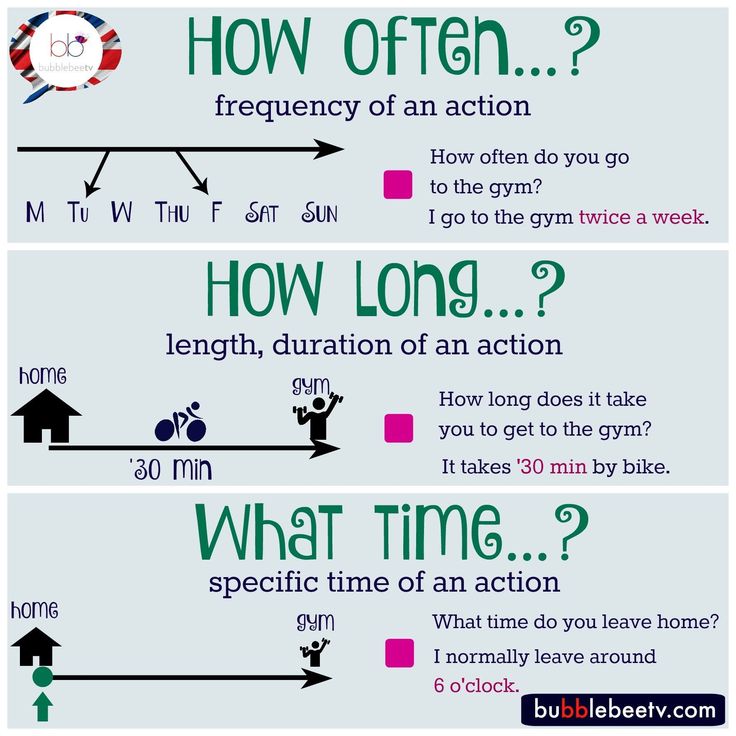 So I highly recommend psychotherapy.
So I highly recommend psychotherapy.
Zoloft and alcohol compatibility, consequences.
Many people are interested in Zoloft can be with alcohol or not. Zoloft and alcohol do not have the best compatibility. When combining sertraline with a small amount of alcohol, there were no negative effects. But large doses of alcohol can cause unpredictable reactions. At least a "rollback" will be provided and the condition may worsen for a long time.
With the frequently prescribed combinations of zoloft and trittiko, atarax, phenibut everything was fine. Compatibility is excellent. There are a small number of non-recommended drug combinations, which are indicated in the instructions for use. Be sure to check it out.
Summing up, I can say that Zoloft is a good antidepressant. But you need to remember that everything is quite individual. Drugs can even work differently for one person in different courses of admission.